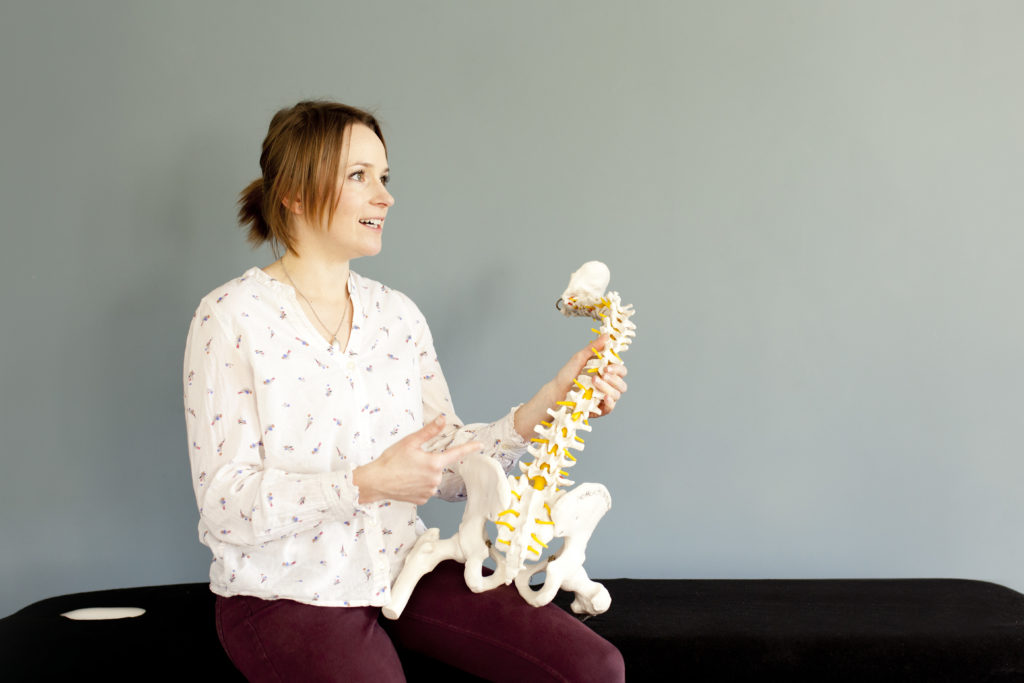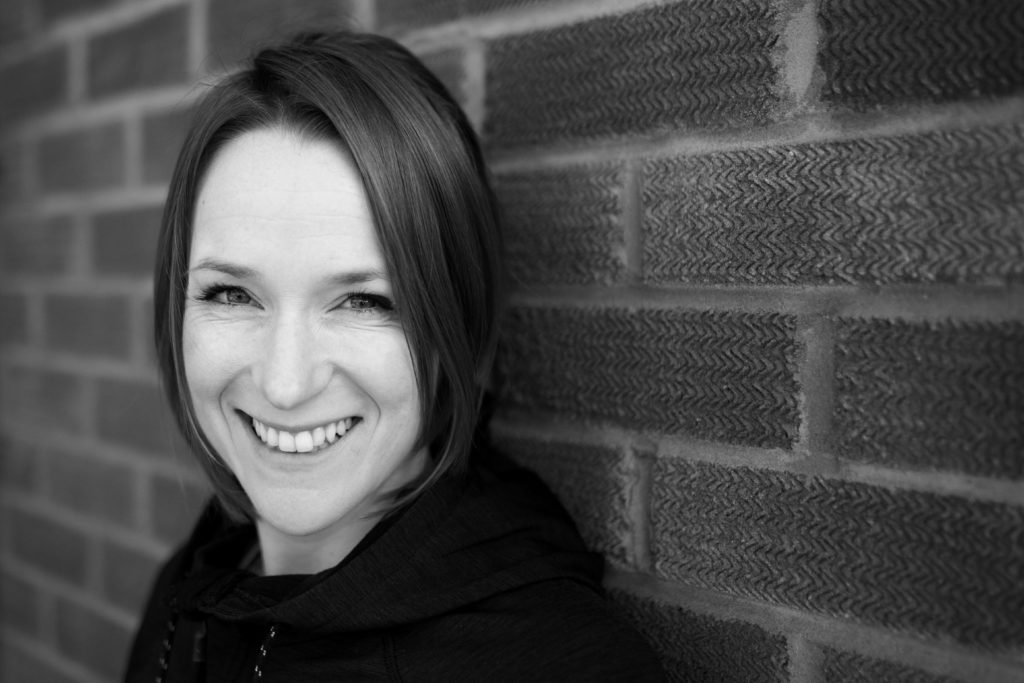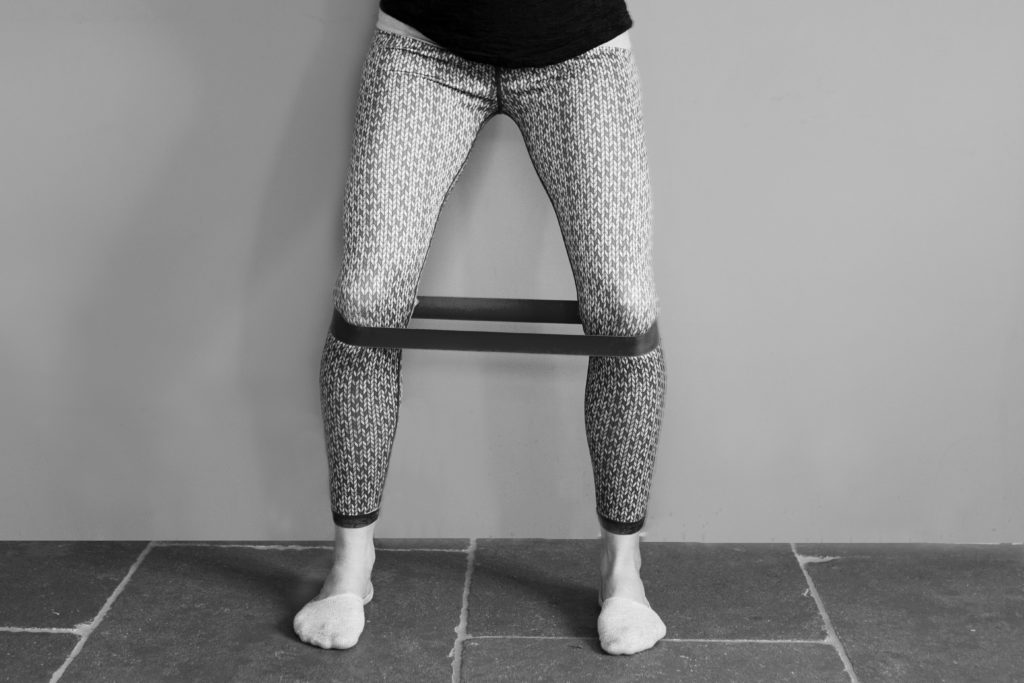Your first appointment will usually take around an hour and includes taking a very detailed and thorough history.
This first session usually includes a comprehensive musculoskeletal assessment of the low back, abdominal and pelvic regions.
As part of a Women’s Health Assessment you will also be offered an internal vaginal examination. The purpose of this internal examination is to assess the pelvic floor effectively / more comprehensively. Internal assessments are entirely optional and can be done either during this first session (time allowing) or subsequent sessions.
After the assessments Becky will work with you to determine how things can best be managed going forwards. She will fully explain the results of her assessments and develop an appropriate treatment plan for you.
Becky will give you some things to work on at home following your first session (such as postural modifications, exercises etc). This is then reviewed and adapted as your treatment progresses.



